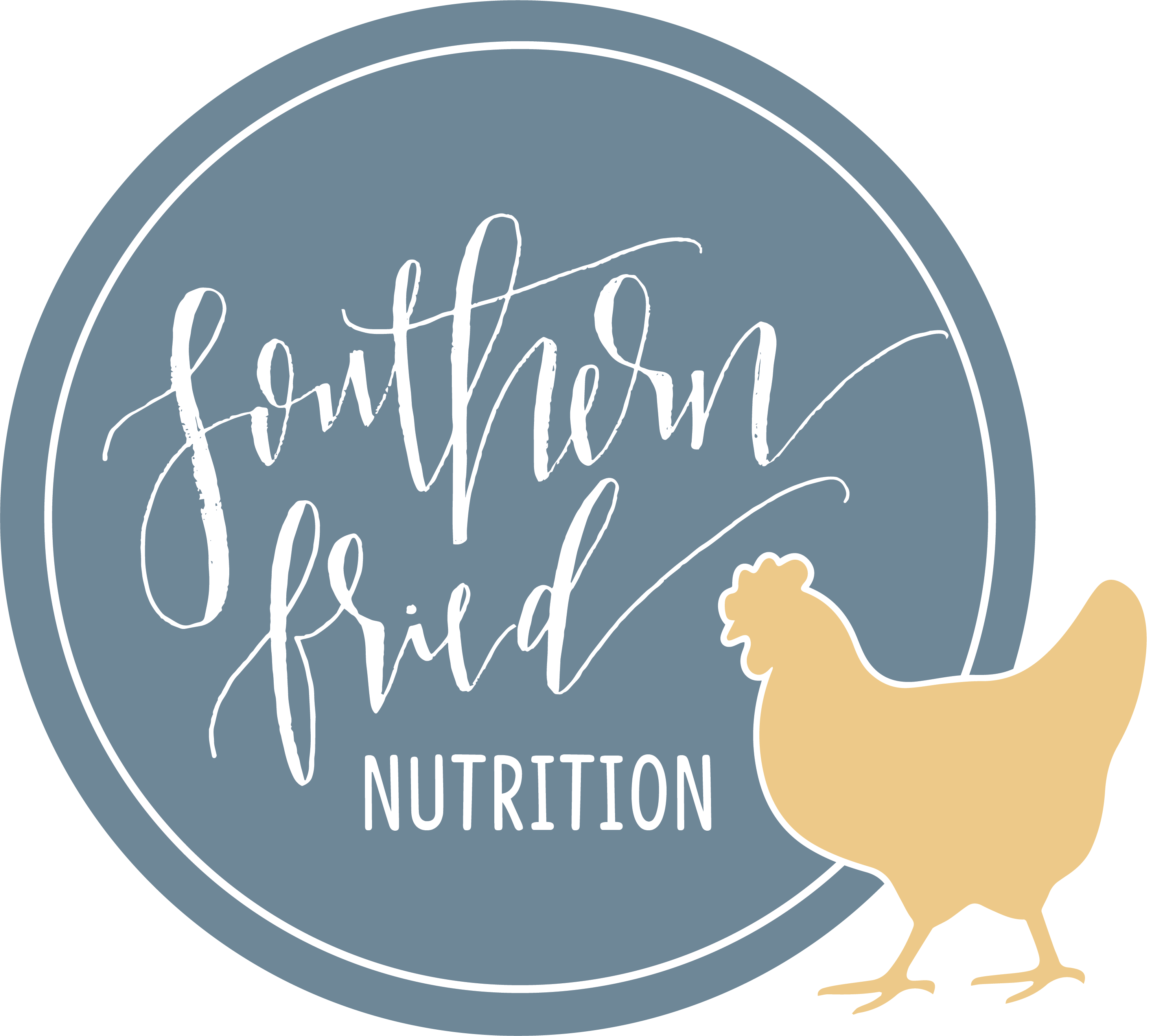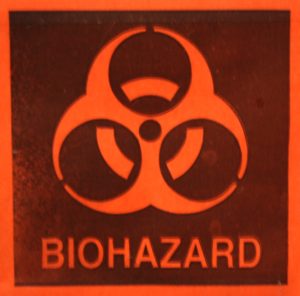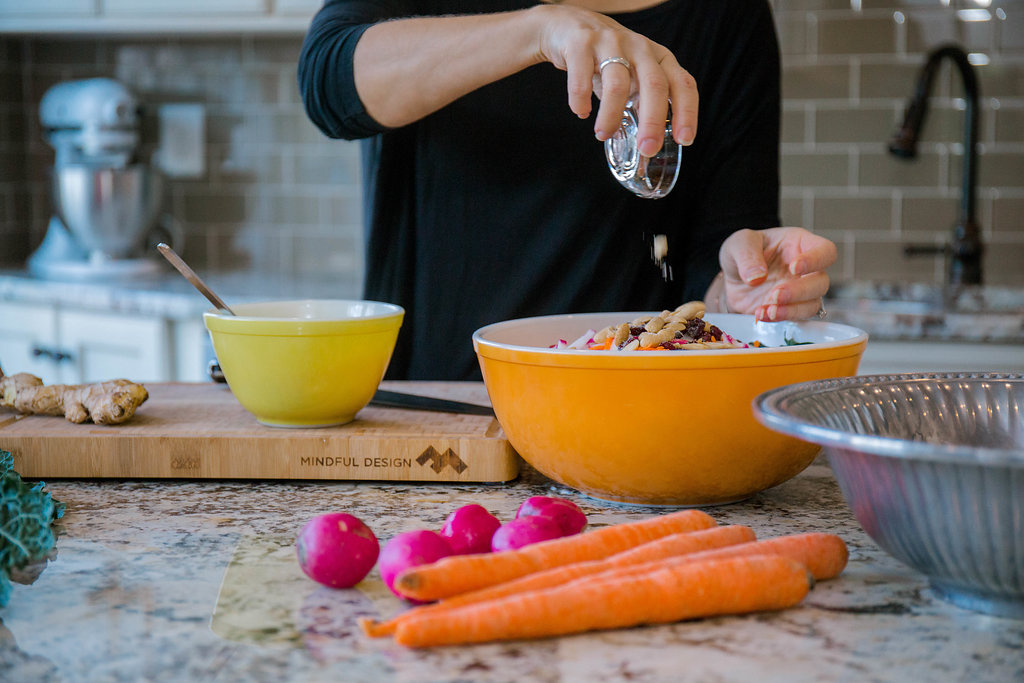Trust is such a valuable thing – I almost called it a commodity, but it’s so much more. In my work, trust is essential. The trust of my clients, colleagues, and even strangers who read and stumble upon this blog is vital for me to be effective in my work. I wrote a post recently about being on my soapbox about bad nutrition advice out there and it got a lot of attention. I’m so glad it did! Yet, I felt that I may have left you in a bit of a quandary. “Okay, Sherry. I get it. But who do I trust?” The unfortunate truth is that even among health professionals, truly trained medical professionals, there are those who do not always share evidence-based information (remember the hubbub with Dr. Oz). So while it’s helpful to take a look at their background, credentials, and experience, sometimes that’s not enough.
There’s a sinister and unhealthy kind of trust that’s pervasive out there on the interwebs. It is fueled by slick marketing, beautiful people, and frightening message that warn that our food is “poisonous”, “dangerous”, and that there’s a conspiracy to keep you in the dark about it. These folks use big words (or small words) and prey on your suspicion of “Big” agriculture, “Big” food, and the growing distrust of profits. At the same time, these SAME individuals and groups profit (sometimes in REALLY big ways) from selling subscriptions, books, and products that they promise will deliver you from the clutches of those who aim to keep you dependent on a diet of addictive chemicals. They lure you into believing and following them because they are convincing! At the end of the day they’re using your fear against you. They start by making things seem so complicated and difficult to understand and then promise to make it simple for you, if you just follow their advice, eating plan, etc.
The truth is that handing over your health to these folks can be a dangerous choice. Many of them give advice that is contrary to what nutrition science tells us results in a healthier body and longevity. Some of it can be downright unhealthy. But what do we do? We must think for ourselves. What we must do is critically evaluate the sources of information and look at both sides of the evidence using unbiased sources of information. I know, it can be time consuming, but if you want to be an informed consumer of nutrition and health information, you need to do this. To make it easier, I’ve compiled some tips below:
- Consider the source – Where does the information come from? How does the person or organization gain from you believing this information? Are they trying to sell you something? Does the information presented include hype, conspiracy theory, sensationalism, or does it seem unbelievable? If you disagree with them, does that automatically make YOU a shill or the bad guy?
- Look for an unbiased source – Academic, non-profit, and government sources are good places to start. Sure, there may be some conflicts there too, which is why you should look at more than one source. Some groups that call themselves “non-profits” are actually not unbiased, so be critical here too. By comparing multiple sources across a subject, you will get a more complete picture of the issue.
- Review the other side – If you’re reading information that is solidly in one camp, consider reading the information that is completely opposite. By doing this, you will understand what the arguments for and against an issue are and be better prepared to draw your own conclusion. Do not be close-minded – be willing to change your mind; it’s what proves you are capable of learning something new.
- Brush up on understanding science – If it’s been a while since you were in school, ahem, don’t be afraid of learning something new. Learn to read research (just the basics are enough!), look up definitions, and really put in the effort to understand the issues you’re concerned about. Here’s a good article to get you started understanding how to understand research papers. Wikipedia is not a reliable reference, by the way, since anyone can post information – not necessarily true experts on an issue.
- Read the research – At the very least, read the abstracts. You can find almost any paper by searching Google Scholar. I use it ALL the time to help me get a better, bigger picture of a topic I’m writing, speaking, or just curious about.
Listen, you wouldn’t trust your mechanic to color your hair, even if they have an opinion on what color looks best on you? Or your trainer to perform surgery on your knee, even if they could give you a plausible explanation for why you’re in pain? And you wouldn’t buy a house without researching the neighborhood, the schools, and being sure you could afford it right? Take the time to understand the issues you’re concerned about when it comes to nutrition and health. You’re too smart and these issues are too important for you not to take the time to understand.




Patrick Bartkus
Dietitian Sherry
A concerned healthy person
DietitianSherry